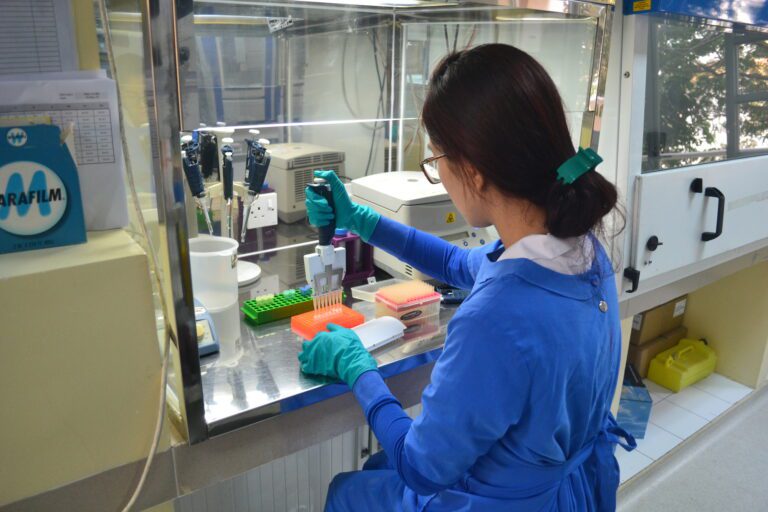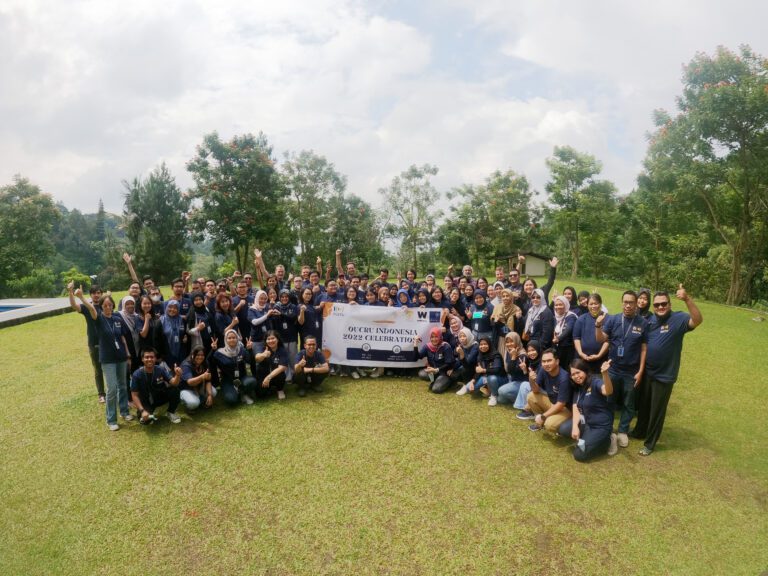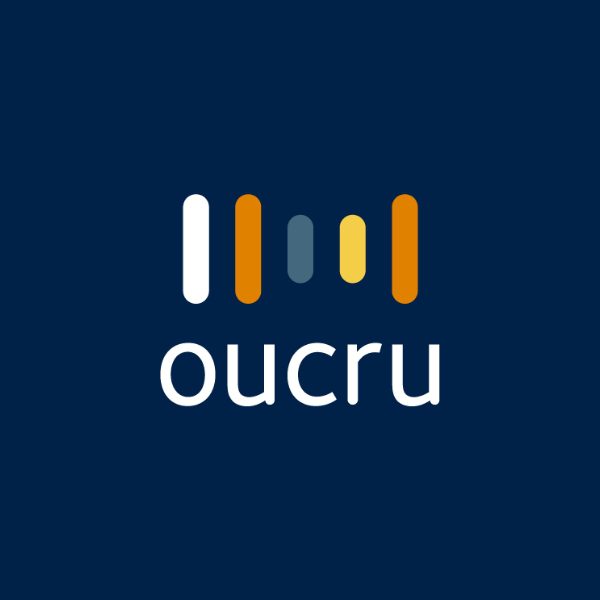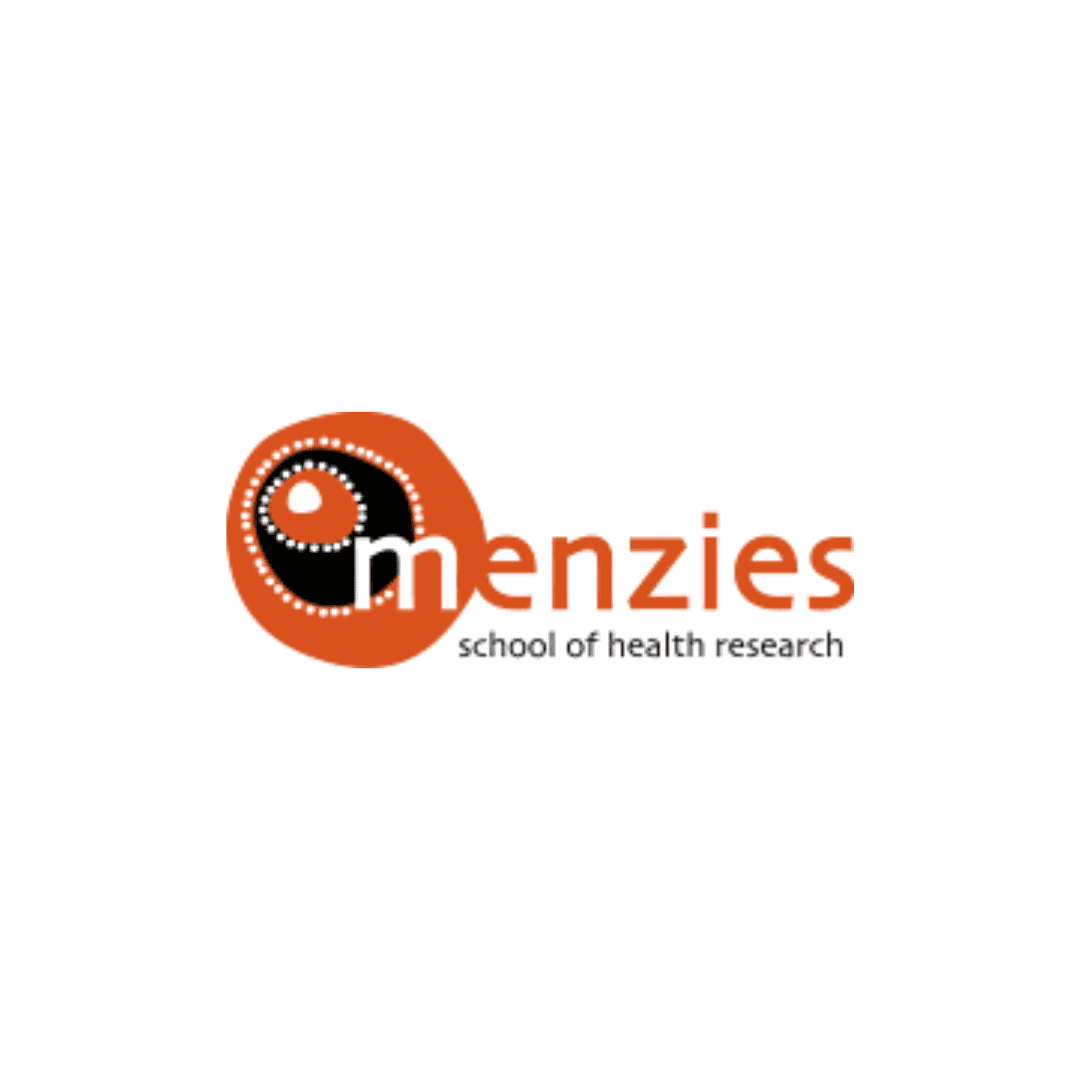Background
Plasmodium vivax forms dormant liver stages (hypnozoites) reactivate in weeks or months following acute infection and are associated with a cumulative risk of severe anaemia, direct and indirect mortality, and are the most important source of onward transmission of the parasite.
The only hypnozoiticidal drug that is widely available is primaquine (PQ), given for 14 days. Patient adherence to the standard 14-day regimen is poor, resulting in a high risk of relapse in many cases of vivax malaria.
The recently completed multicenter IMPROV study compared the efficacy of the 7-day high-dose PQ regimen (1.0 mg/kg/day) with the 14-day double-dose regimen (0.5 mg/kg/day) and showed that the 7-day regimen was non-inferior to the 14-day regimen and is generally still well tolerated with no patients requiring blood transfusion.
In co-endemic areas, exposure to vivax malaria logically occurs alongside falciparum malaria. According to studies by Douglas et al. and Commons et al., there is about a 50% risk of patients with acute uncomplicated mono-infection of P.falciparum in co-endemic areas to re-present with P.vivax infection within just two months following the P.falciparum treatment. Therefore, there is a strong rationale for eradicating P.vivax hypnozoites in patients presenting with uncomplicated P.falciparum infections. Conducted in a multicenter setting, PRIMA addresses the need for a safe and effective radical cure of malaria and in areas co-endemic for both P. falciparum and P. vivax. The benefits of this treatment are likely to extend to patients presenting with uncomplicated acute malaria due to either species.
Aims
PRIMA assesses the safety, tolerability and efficacy of a 7-day course of high-dose PQ treatment regimen in preventing recurrent P. vivax parasitaemia by day 63 in G6PD-normal patients following uncomplicated P. falciparum malaria. The assessment is based on clinical improvement, parasite clearance, and RT-PCR detection of gametocytes during and after treatment.
In addition to the main objectives, PRIMA in Indonesia also aims to screen gene mutations related to antimalarial drug resistance, determine the PQ metabolism level, and determine the kinetics of methaemoglobin in the hours following daily dosing of high-dose PQ.







